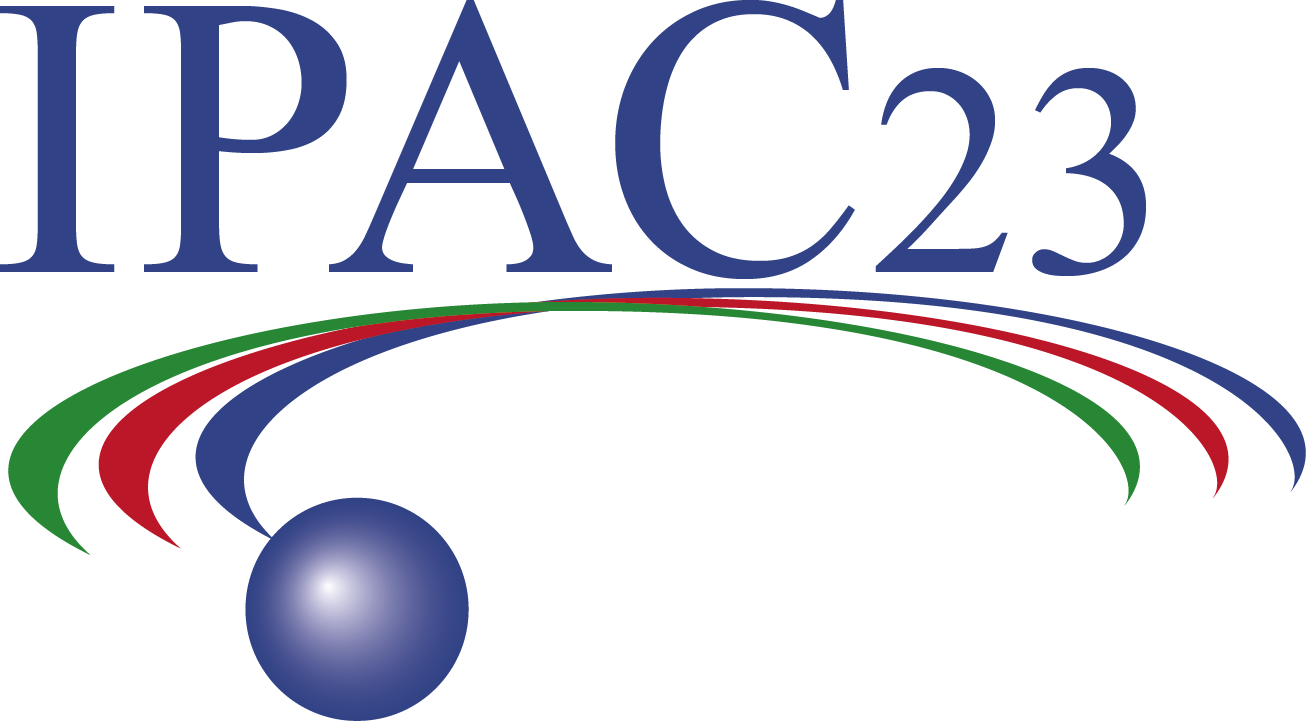Equal Opportunities
in Science
The Equal Opportunity session
Equal opportunities for everyone in every field are a fundamental basis for allowing human beings to express themselves and enhance their inner potential to take a step towards broad and open knowledge, respectful behavior and conscious management of one’s life and life of our planet.
As scientists, knowing where we are and what our next steps could be to alleviate the gender gap, but not only, in our field, can be a good opportunity to cooperate in this direction.
Join us and contribute to our journey together putting on your calendar a mark for the E&O session – Wednesday May 10th from 18:30 to 20:00. After the session we shall have a Cocktail together.
Wednesday, May 10
from 18:30 to 20:00
Room Sala Grande
Palazzo del Cinema
Programme
18: 30 – 18:35
Chair Introduction
John Byrd
18:35 – 19:05
Gender and STEM: it is time to change the narrative
Maria Rosaria Masullo (Istituto Nazionale di Fisica Nucleare)
We need something more than “adding” more women in our work context, we need to change the culture and our work organization. In these years we learned many things, mainly that if we want to change something we have to really include the gender dimension in our labs, in our researches, in our management tables. When we speak of gender, we speak not only of women and for women, but for all.
19:05 – 19:35
From Talk to Targets: Gender and Beyond at CERN
Louise Zelia Carvalho (European Organization for Nuclear Research)
Looking back while looking forward, a gender target would have seemed revolutionary in 1983. More recently, after ten years of gender and other diversity-related policies and actions, the Diversity and Inclusion Programme at CERN proposed a gender target strategy, “25 by ‘25”. Unanimously endorsed by the Senior Management in 2021, implementation is well underway and interim results are in. What is working and why? Beyond gender, let’s talk about how diversity and inclusion in STEM can be most effective when it is designed for, and with, everyone.
19: 35
Get together Cocktail

Maria Rosaria Masullo is senior researcher at INFN-Naples since 1989. She works in accelerator physics, mainly carrying out numerical simulations and experiments on beam instabilities. She conducted and led several INFN experiments on accelerator R&D and is referee of Review of Scientific Instrument, PRST AB, Scientific Report and MDPI. Member of the Coordination Board of the INFN FELLINI project, she follows the fellow training programme. She has dealt with technology transfer (TT) initiatives and is member of the INFN TT Committee.

John Byrd is the Director of the Accelerator Systems Division at the Advanced Photon Source and Director of the Argonne Accelerator Institute. He supports the continuous improvement in performance, capability, and reliability of the Advanced Photon Source as well as guiding future directions for accelerator development at Argonne. John received his doctorate in accelerator physics from Cornell University in 1991. He is a Fellow of the American Physical Society.

Louise was born in Liverpool and lived her school years on Vancouver Island. She is of Anglo-Irish and Goan descent, has dual nationality, lived in six countries, and feels at home in a multi-national environment. After a legal career in Canada, the UK, The Hague and post-conflict Kosovo, Louise joined CERN in 2014 as a Legal Adviser. She was appointed CERN’s Diversity & Inclusion Programme Leader in 2018. Louise advocates curiosity and compassion in everything we do. “Each of us possess a unique set of characteristics and traits, visible and invisible. Some persons or communities require additional support, greater visibility, or workplace adjustments. While every one of us benefits from inclusive processes, policies, and infrastructure. When we create a work environment in which we can bring our full selves to work, that is when we experience our full potential."
